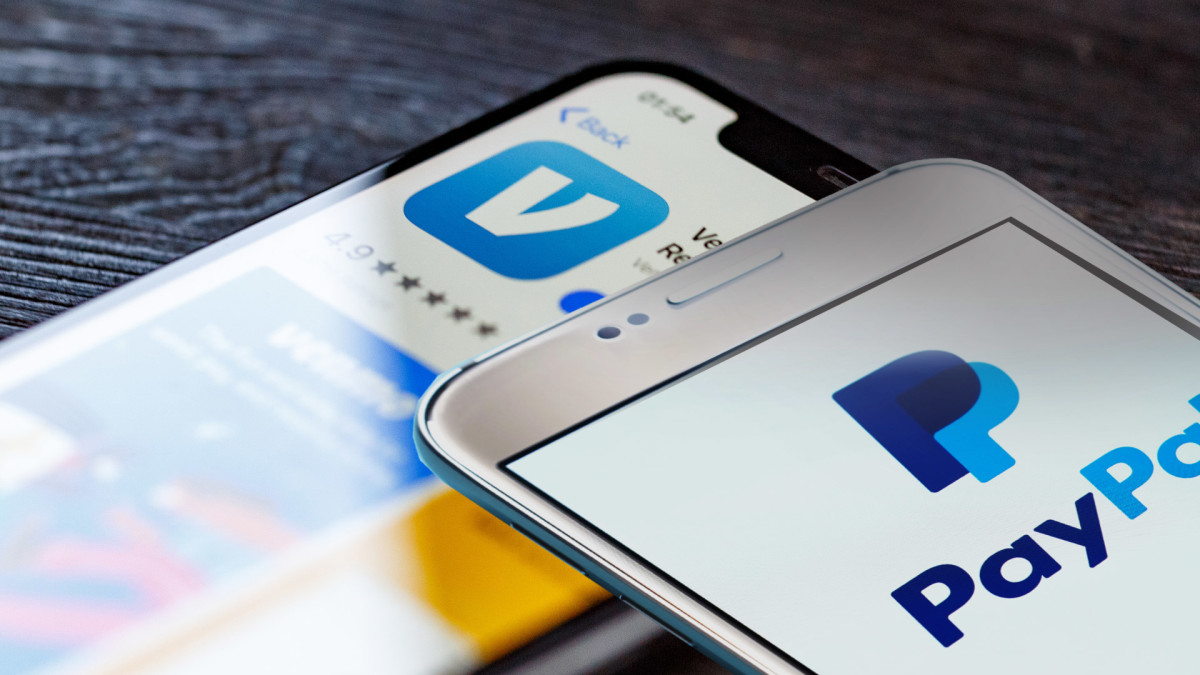A whopping 84% of consumers say they’ve used a P2P service app, such as PayPal or Venmo, with the number rising among younger people.
Peer-to-peer payment services, such as PayPal (PYPL) – Get PayPal Holdings Inc. Report, Venmo and CashApp are all the rage. But beware: all that glitters isn’t golden.
A whopping 84% of consumers say they’ve used a P2P service app, according to a survey from LendingTree, an online loan marketplace. That number rises to 91% for both Generation Z (ages 18 to 25) and millennials (ages 26 to 41).
PayPal ranks as the most popular service among P2P providers, chosen by 84% of consumers. Venmo, which is owned by PayPal, came in second at 49%.
Younger users are more attracted to newer services. For example, 71% of Gen Z users deploy Venmo, and 61% utilize Block’s (SQ) – Get Block Inc. Class A Report CashApp.
SHutterstock/TheStreet
Youngsters are Big UsersP2P users generally execute transactions frequently. A total of 44% do it at least once a week. Younger consumers are especially heavy users.
Scroll to Continue
Indeed, 37% of Gen Z and 36% of millennial consumers use P2P multiple times a week. Generation X (ages 42 to 56) follows at 28%, and baby boomers (ages 57 to 76) lag at 7%.
Many users aren’t aware of the dark side of P2P. A hefty 48% of consumers say they haven’t heard of P2P service fraud, including 56% of baby boomers. But scammers are out there.
A total of 15% of P2P users have been victimized by a scam. And that number rises to 22% for those who use P2P multiple times a week. For Gen Z users the figure is 29%.
Return to SenderScams aren’t the only risk on P2P. Almost a quarter – 23% — of P2P users have sent money to the wrong person. That number soars to 40% among Gen Z users and 42% among the most frequent users.
While more users who make that mistake get their money back than don’t (13% versus 10%), the numbers are worse for those using P2P multiple times a week — 19% versus 23%.
Many users fail to protect themselves, with 40% failing to make their transactions private. “Because P2P services with social platforms often require consumers to send messages along with their payments, those who share their transactions publicly put themselves at increased risk of making mistakes or attracting scammers,” the survey says..
Venmo, which bills itself as a social networking platform, makes its users’ transactions public. So “consumers may provide sensitive information without being fully aware of their actions,” the survey says. A total of 6% of P2P users say they don’t know their privacy settings.
